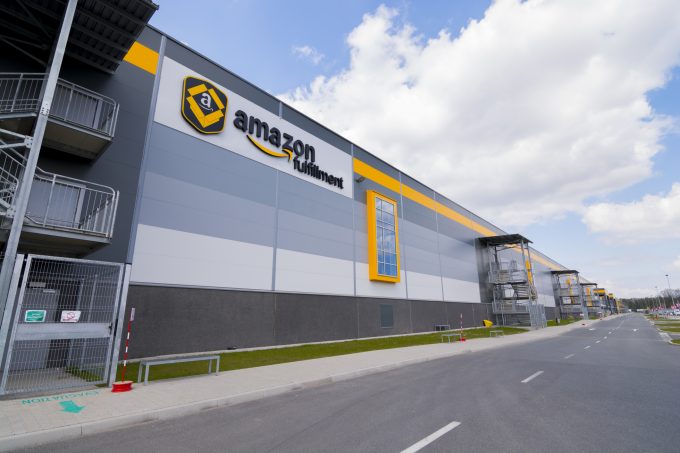Constant changes to FedEx surcharges tests B2C shippers' patience
In a move unlikely to endear itself to customers, FedEx has tweaked its surcharges yet ...

Amazon’s logistics arm, built around its Fulfilment By Amazon (FBA) product, is in danger of being cut off from its online marketplace.
Legislation by the US government that could pave the way for such a move advanced in Congress last week, when the House Judiciary Committee voted ...


Comment on this article
Richard Zablocki
June 28, 2021 at 6:05 pmNo doubt that Amazon will eventually go head to head with UPS but their real concern should be the now sleeping threat for significant rate increases from USPS. That looked to be a sure thing during the Trump administration and could resurge should the GOP dominate the U.S. political scene in 2022 and 2024.